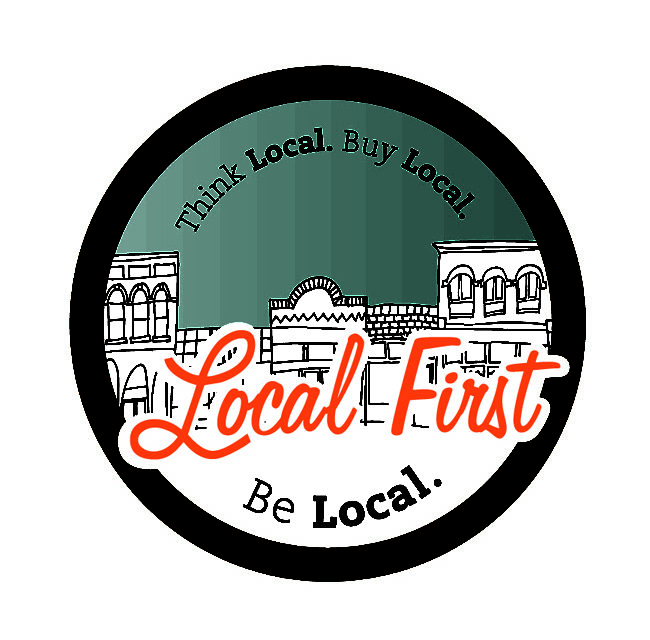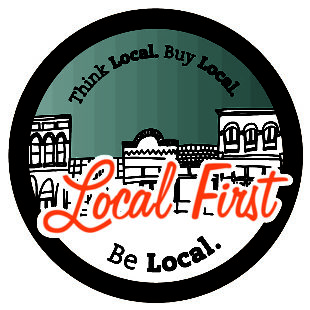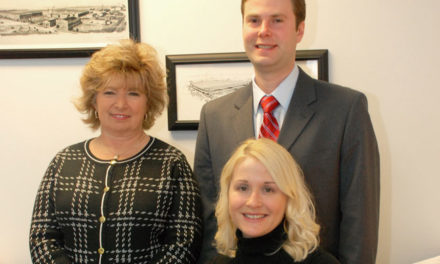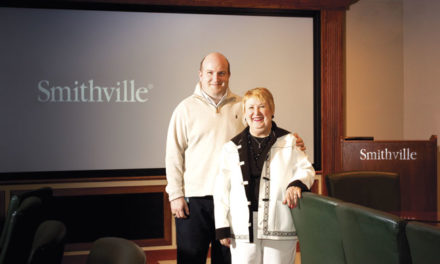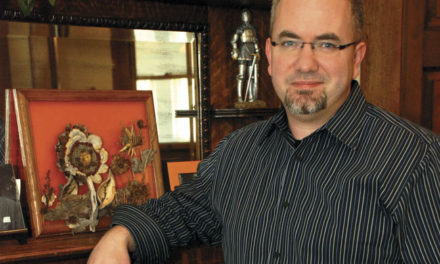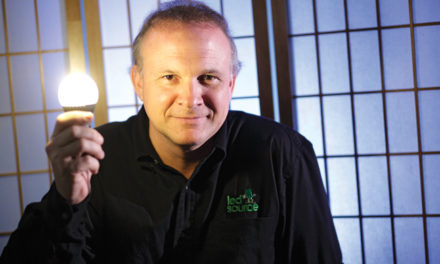One problem in supporting local businesses is knowing which businesses are local. This is true for consumers as well as for local business owners who want to strengthen Bloomington’s economy by buying supplies, products, and services from other local businesses.
In 2009, Amanda Nickey and Una Winterman founded Local First Indiana—an advocacy and networking group for locally owned, independent businesses. One of their first orders of business was to define “locally owned” and “independent.”
After much research, they came up with five criteria to qualify for full membership: the business is held privately and not publicly traded; its owners have a controlling interest (greater than 50 percent) and reside in Monroe County; the business is registered in Indiana with no corporate or national headquarters outside of south-central Indiana; the owners have full autonomy to make independent decisions regarding their business and its purchasing, operations, and distribution, as well as the business name, image, and advertising; and the business pays for all of its own marketing, rent, and other business expenses without assistance from or payment to a corporate headquarters.
Both Winterman (a musician, poet, and photographer) and Nickey (a former teacher who now helps her husband Jason with the business he co-owns, Landlocked Music) insist that they are not advocating against chain stores. “It’s important for our members that we don’t take sides” in the debate to restrict chain stores on the downtown Square, Kirkwood, and on East 4th Street’s restaurant row, Nickey says. In fact, Local First Indiana offers “affiliate memberships” for any company that wants to support Bloomington, as well as memberships for nonprofits, individuals, farms, and others.
in 2010, Local First has about 30 member businesses [about 100 member businesses in 2012] that it helps with sales campaigns (“Shop Local” days), promotional materials (“Local First” decals, posters, etc.), local business-to-business networking, and research. One of their first projects is to conduct a “leakage study,” Winterman says. “There are a lot of voids in our local economy—what has to be sourced out because we can’t do it here?” Finding these “leaks” will “direct new entrepreneurs to start those types of businesses,” she says.
Local First has received a strong response, Nickey says. One business owner became a member but said he didn’t need their help selling more products; rather, he told them, “I need you to make Bloomington stronger.”
Although Local First is also for consumers— “to make it easier and more desirable for people to shop locally,” Winterman says—they are not encouraging people to spend more money. As Nickey puts it, “The amount of money they spend is fine. We just want them to shift where they spend it….We want businesses to thrive, and that happens when people are satisfied with an experience with a local business and when people are thoughtful about how they spend their money.”


